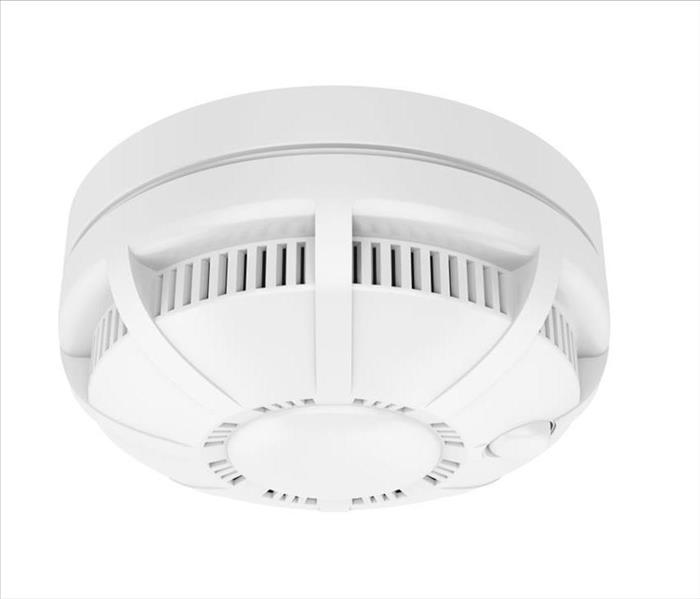How Many Smoke Alarms Should You Have
12/12/2022 (Permalink)
Keeping your home safe from the threat of fire can be a tricky proposition. After all, fires don't always happen when you're home — so how can you keep yourself and your loved ones safe? One simple way is to install smoke alarms in each room of your house. But how many smoke alarms should you have? And where should they go? Read on for answers to these questions, plus tips for choosing the best type of alarm for your home.
How many smoke alarms should I have in my home?
The National Fire Protection Association (NFPA) recommends that you have at least one smoke alarm on every level of your home, including the basement. The NFPA also recommends placing one outside each sleeping area and in each bedroom.
Additionally, there should be one smoke alarm in the kitchen and another in your basement or other areas below grade level. This is especially important for older homes with original wiring and electrical panels that could be easily damaged by water or fire.
Where should smoke alarms be installed?
The number of smoke alarms you should have depends on the layout of your home and how many sleeping areas you have.
If you live in a multi-story apartment building or condo building with an elevator or staircase, follow these guidelines:
Install at least one ionization or photoelectric/photoionization combination smoke detector per floor. You can add additional alarms if desired; this is up to local code requirements for multi-family residences (not just single-family houses).
All bedrooms should be within 10 feet of a functioning smoke detector, regardless of which type it is (i.e., ionization or photoelectric/photoionization combination). If this does not work for some reason (e.g., if there is already another working unit installed), consult with local fire officials about alternative solutions that would still meet safety regulations while also allowing for proper functioning of all other devices throughout restful periods such as nighttime when most people are asleep anyway so alarms aren't going off every time someone sneezes while watching TV before bedtime
What type of smoke alarm should I install?
You should have both ionization and photoelectric smoke alarms in your home. The reason is that both types of detectors can help you detect a fire and alert you to the danger more quickly. Ionization alarms tend to be better at detecting fast-burning fires, while photoelectric alarms are better at detecting slower burning fires.
However, there are some exceptions to this rule:
- If you live in an apartment building, landlords must install ionization smoke detectors only if they want their tenants to receive federal assistance for housing. In either case, it’s up to state laws where landlords will be required (or not) to install both types of detectors.
- If you live in a mobile home or trailer park, it’s recommended that all homes have dual-sensor technology installed by law. This includes ionization and photoelectric devices which will protect residents against both fast-burning house fires as well as small cooking fires that may start on stoves or hot plates
Houses with more than one story should have at least one smoke alarm on each level, as well as in each bedroom. If you're building a new home or renovating an existing one, make sure there are enough smoke detectors and they are working properly before moving in.






 24/7 Emergency Service
24/7 Emergency Service
